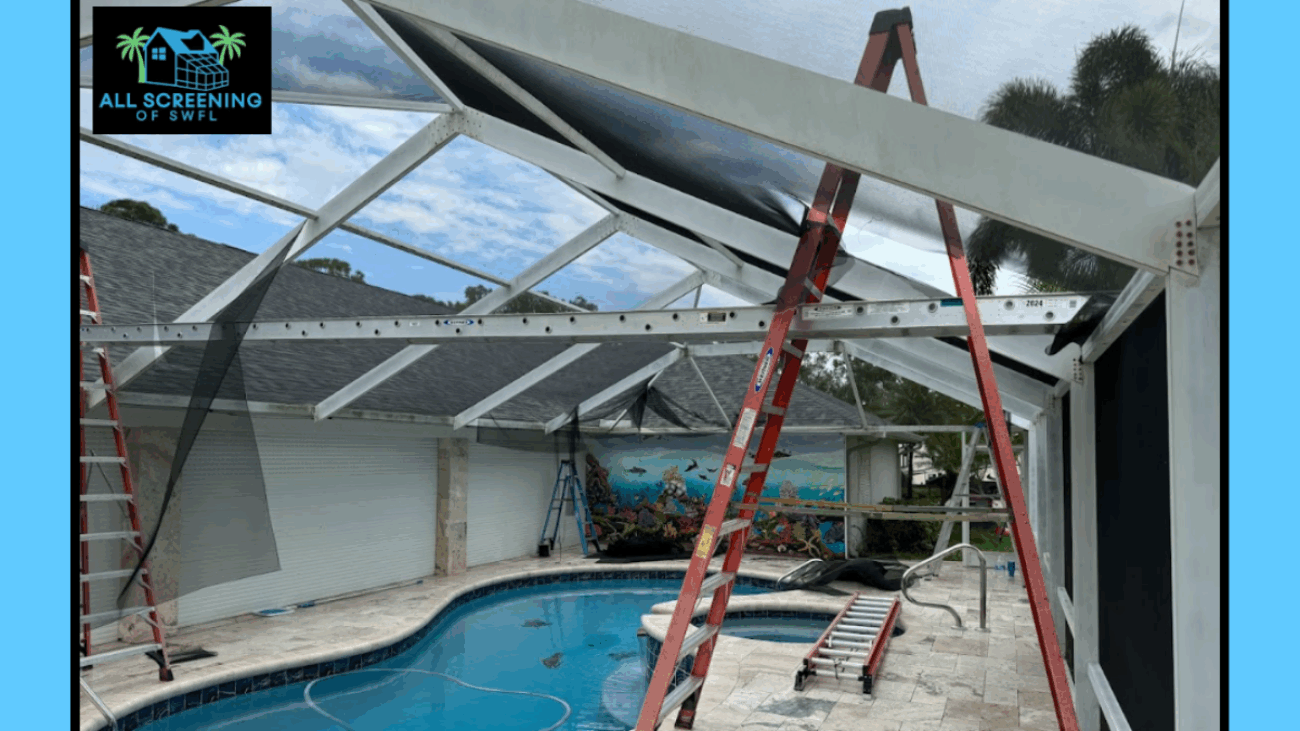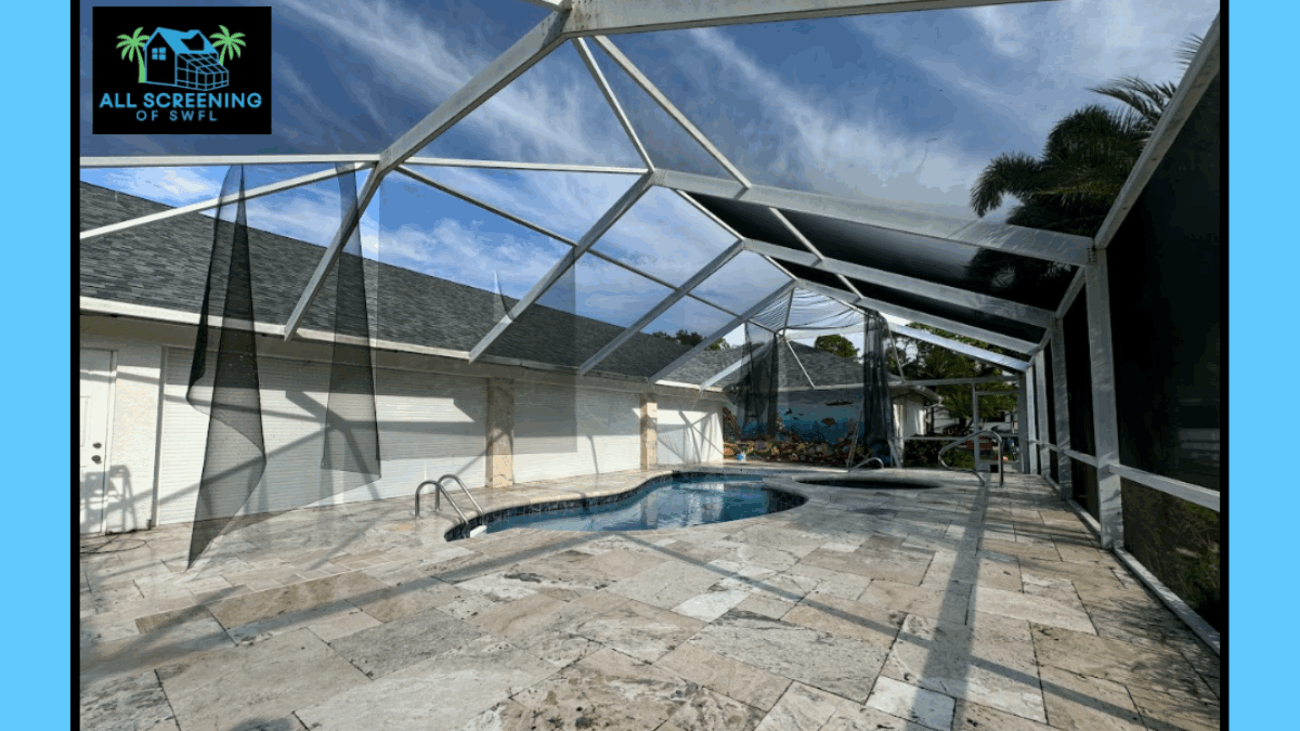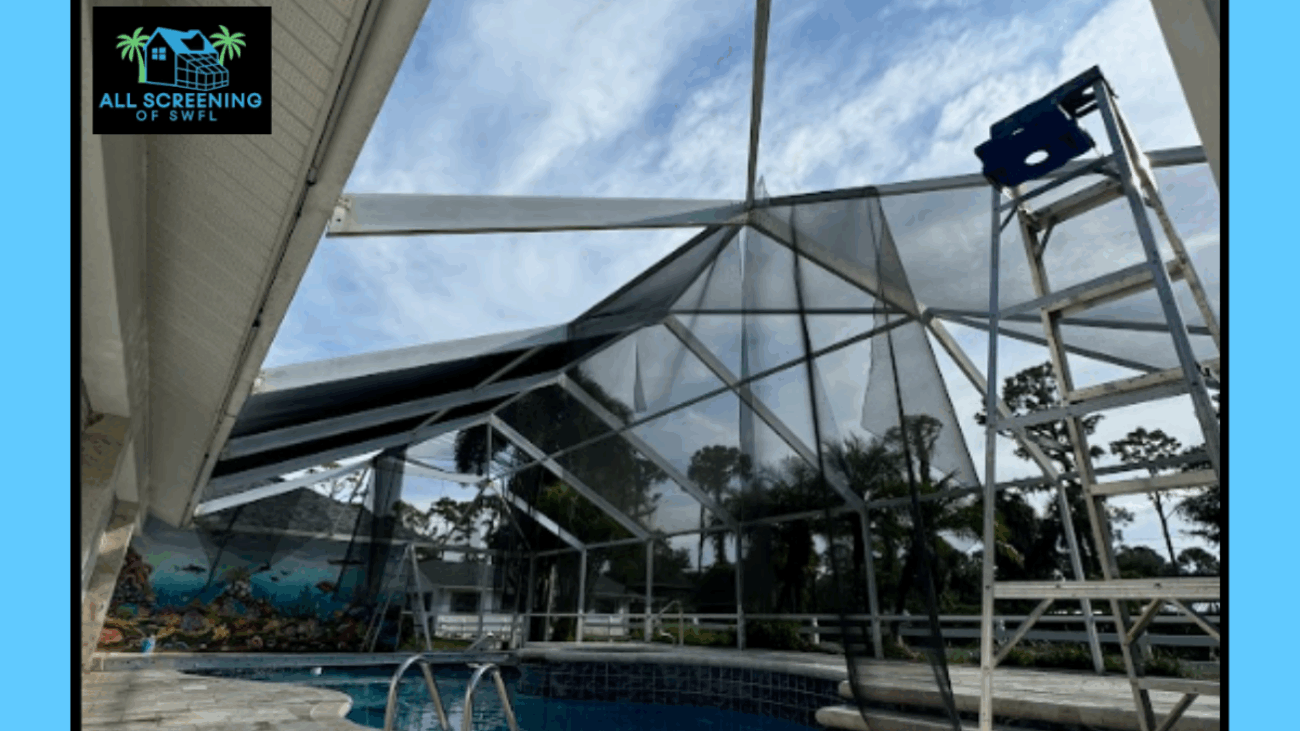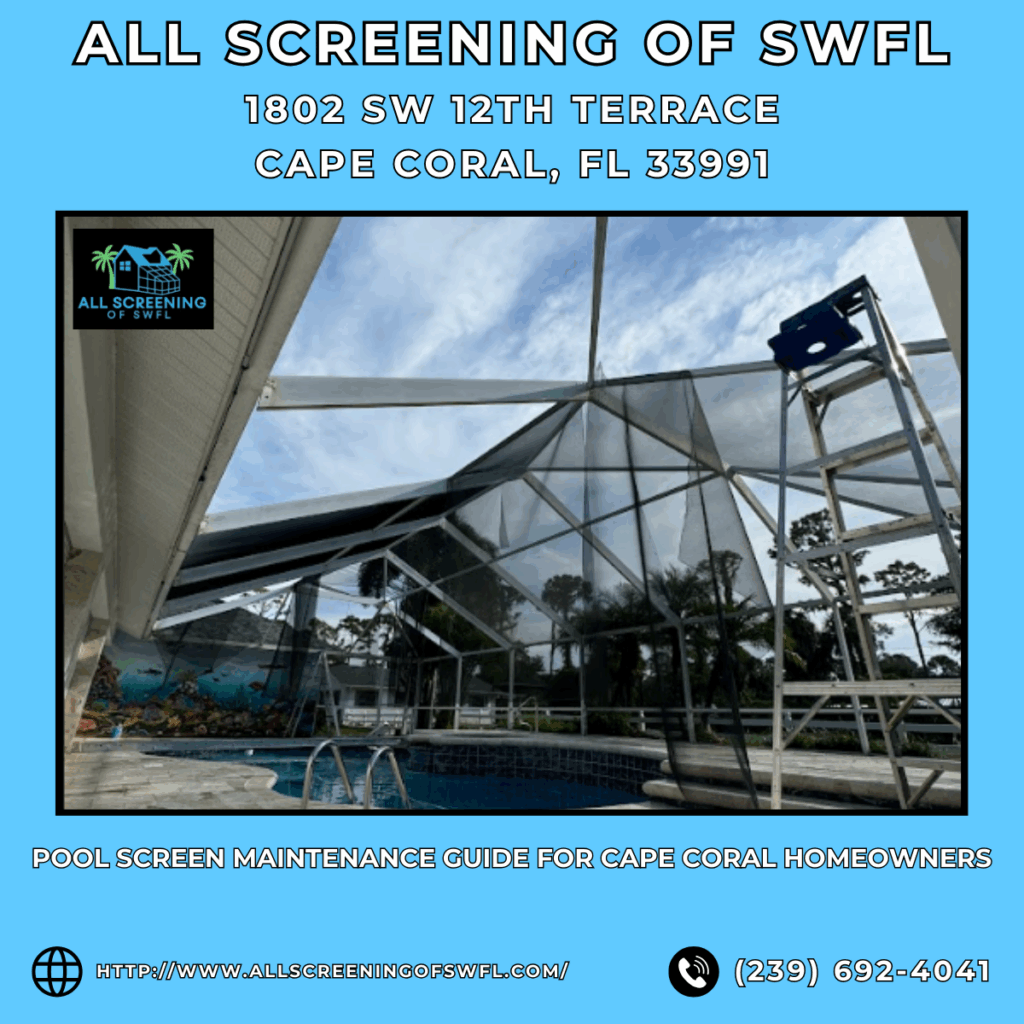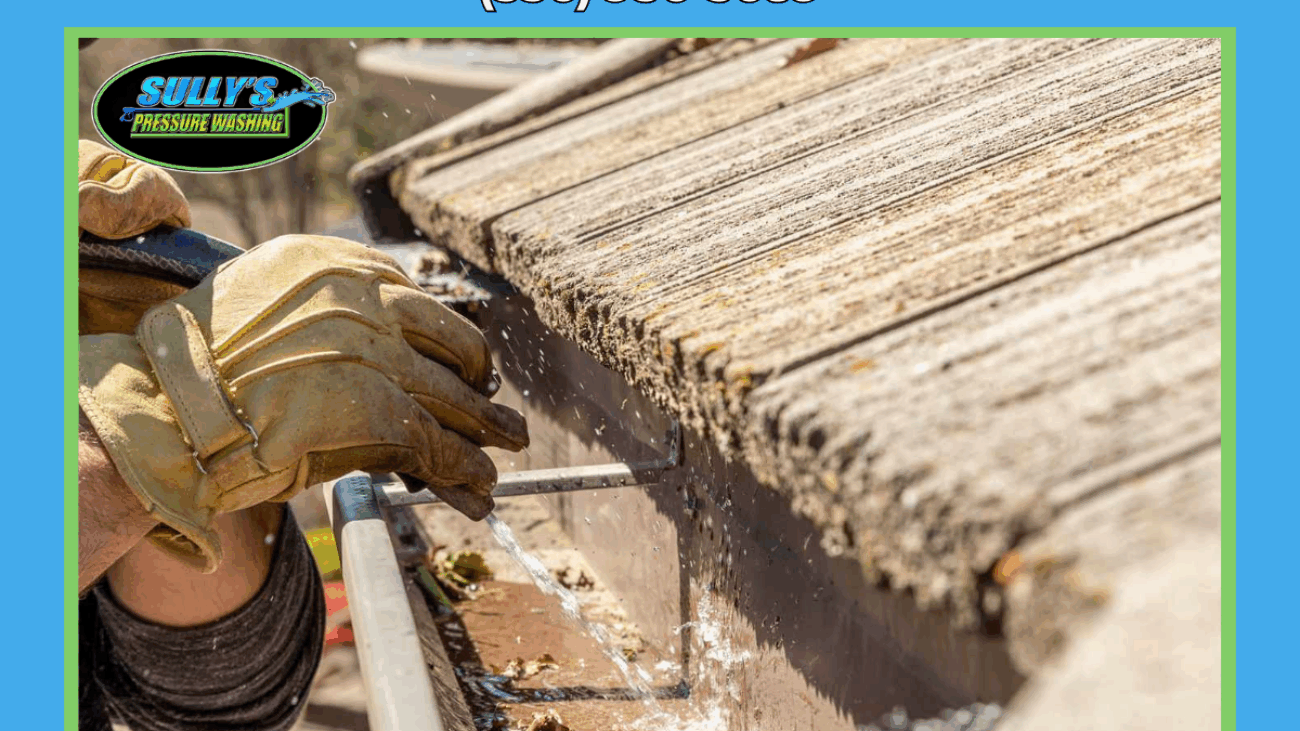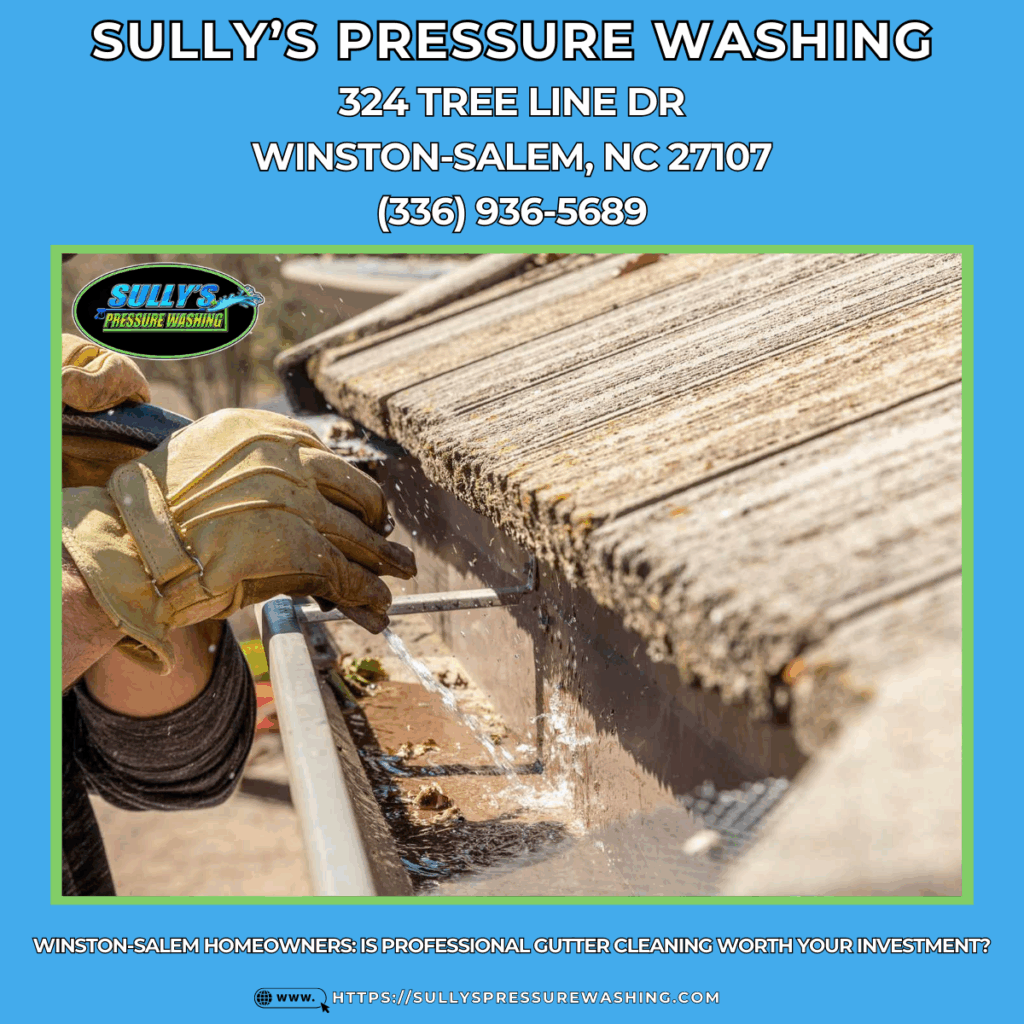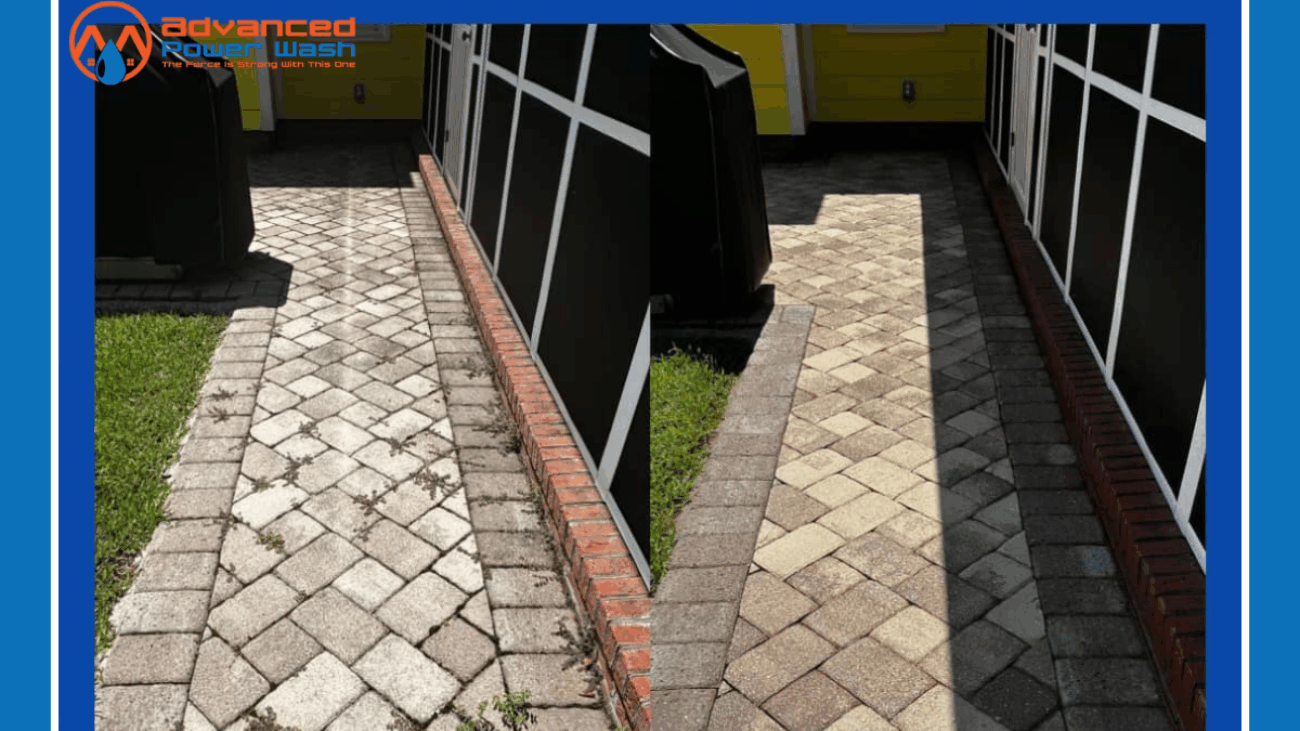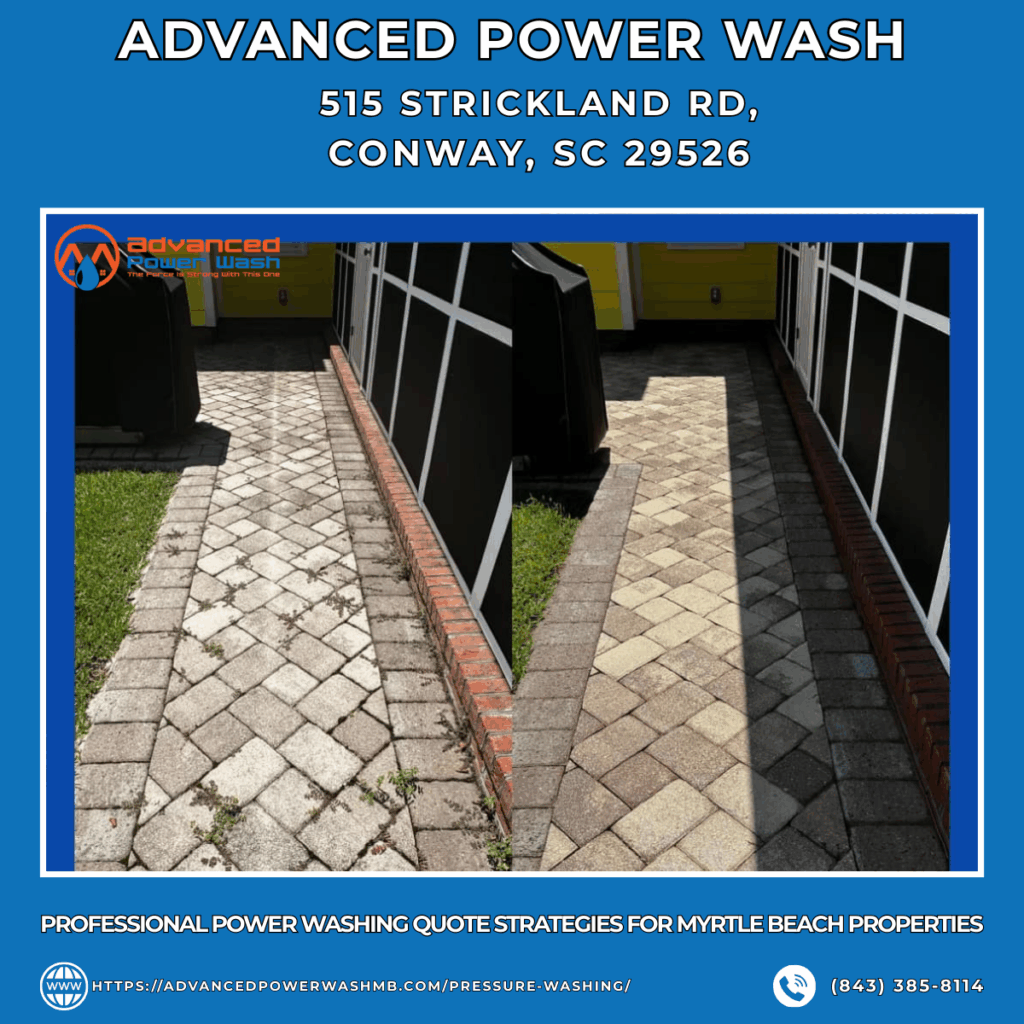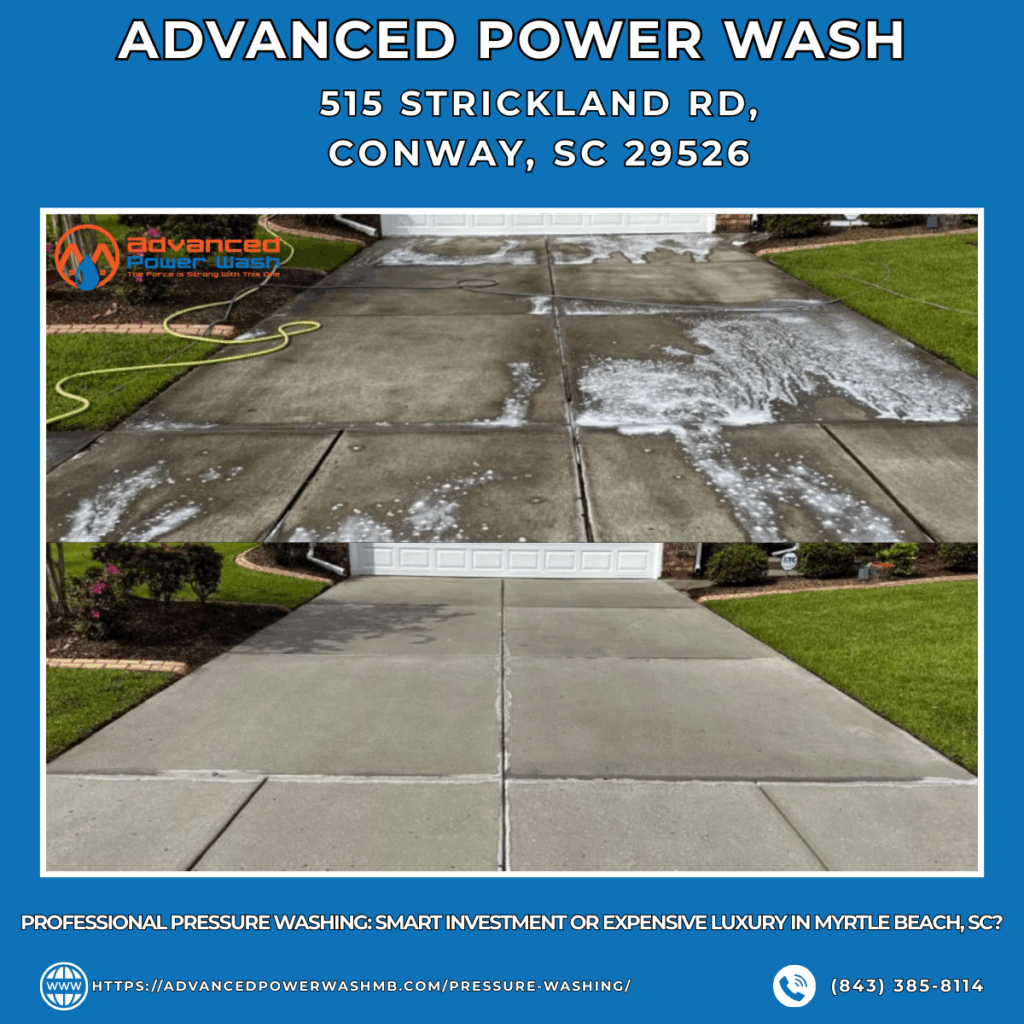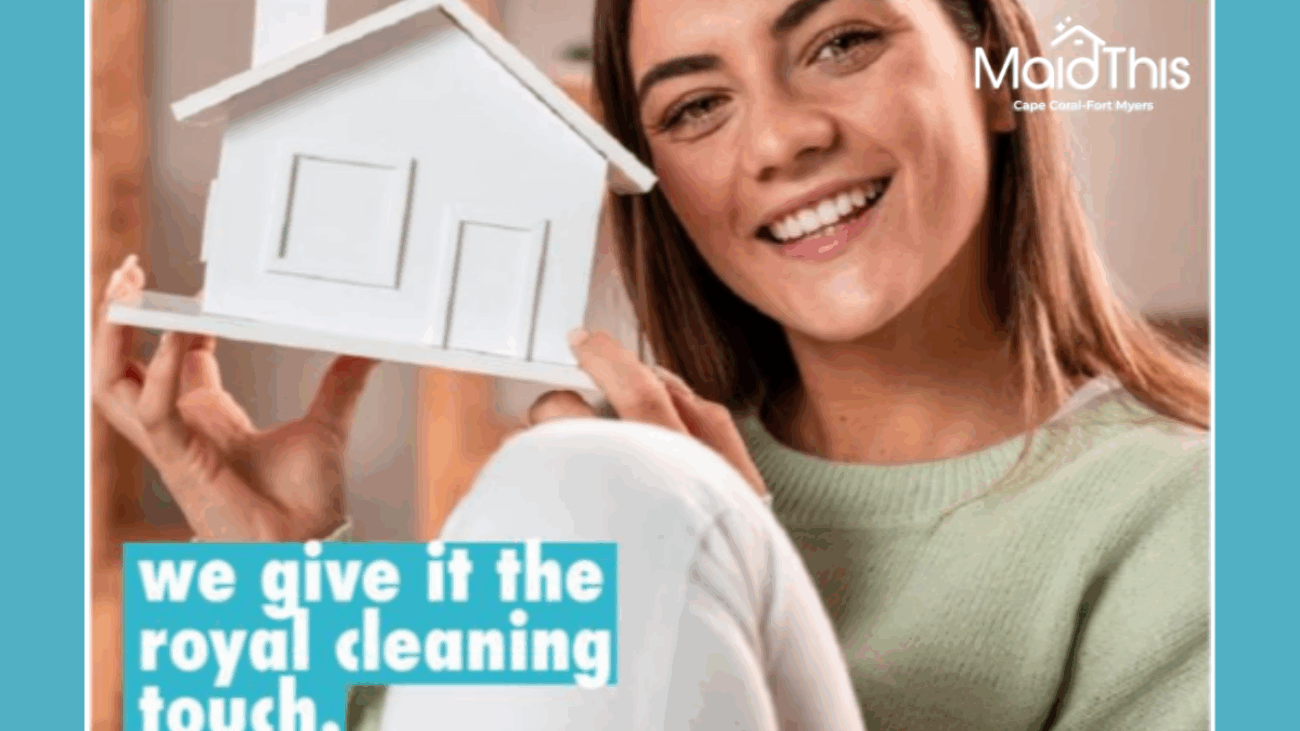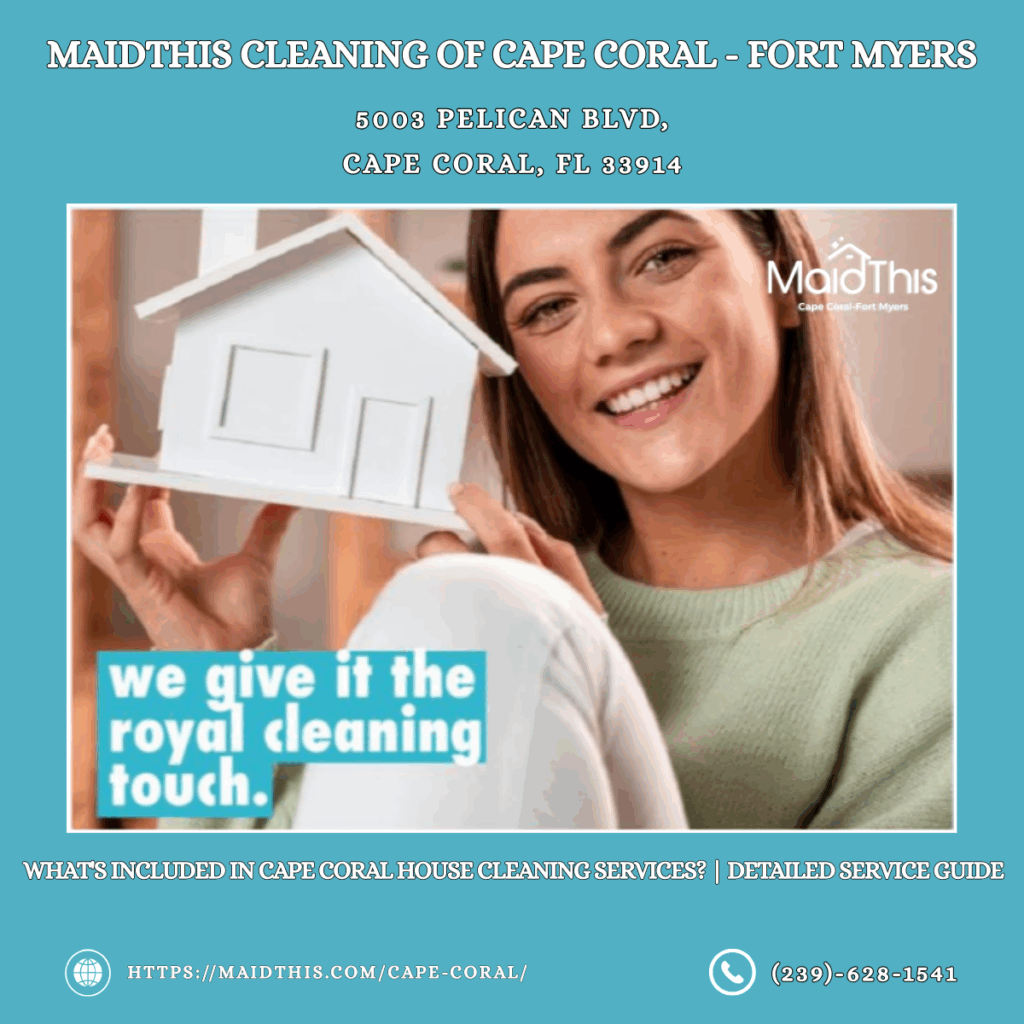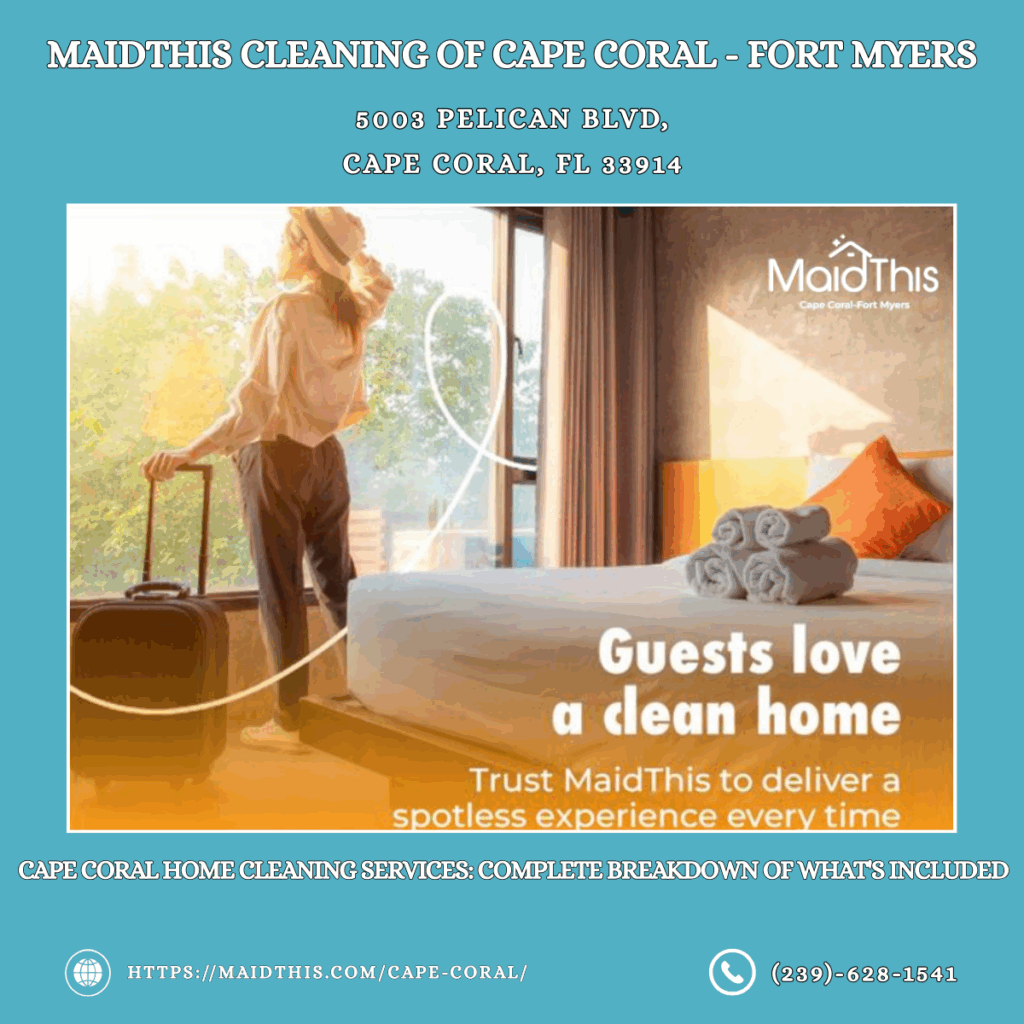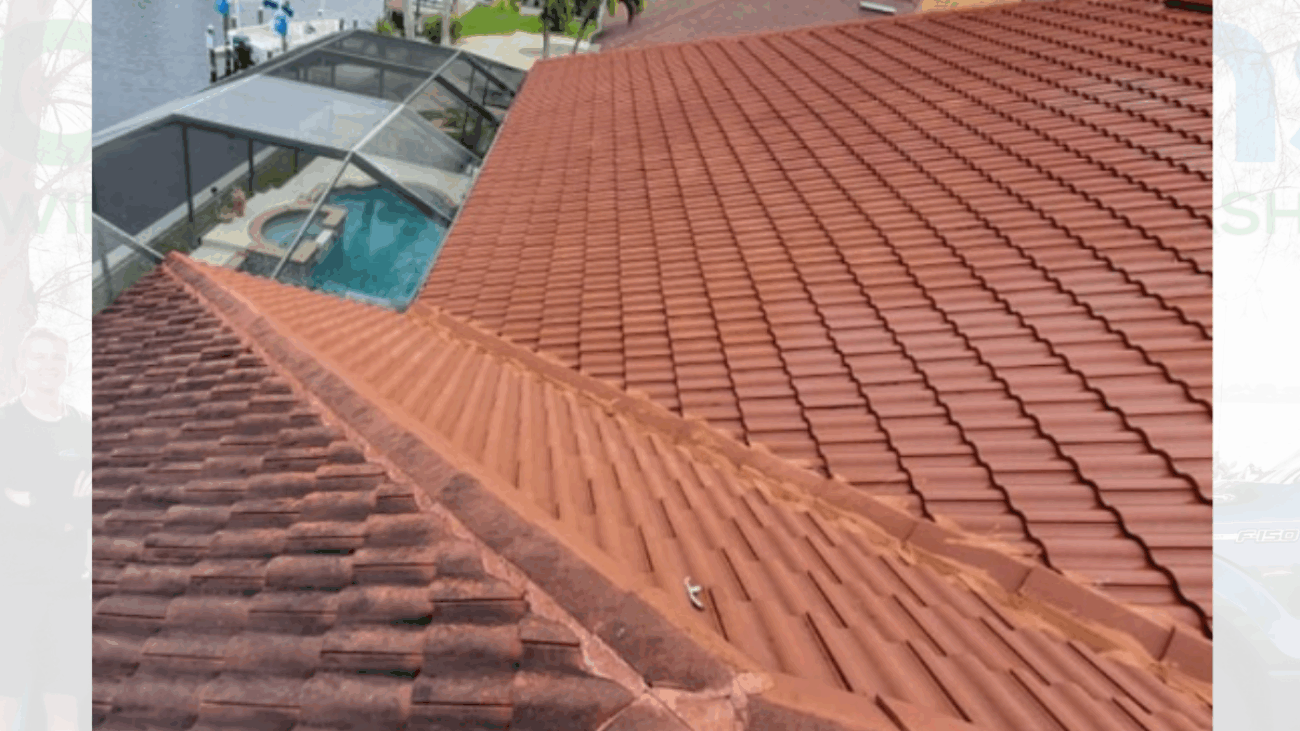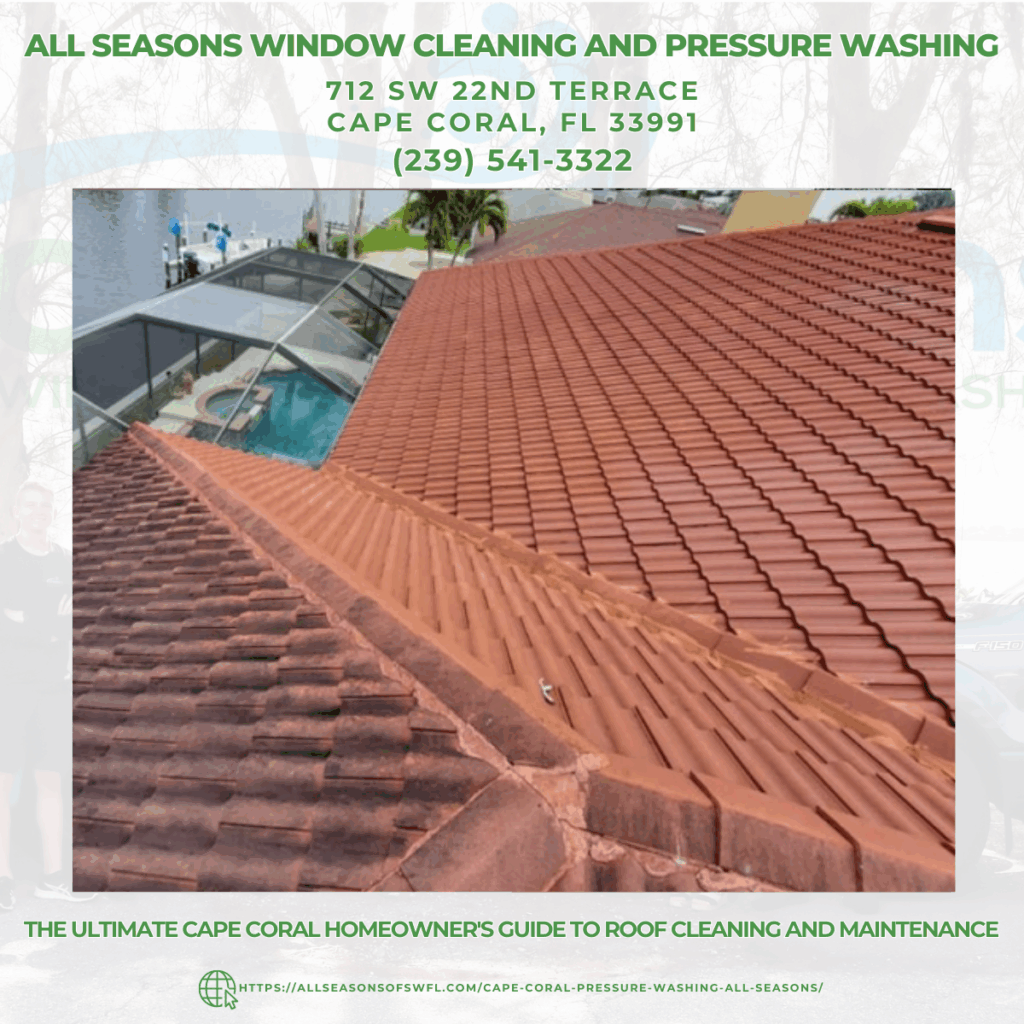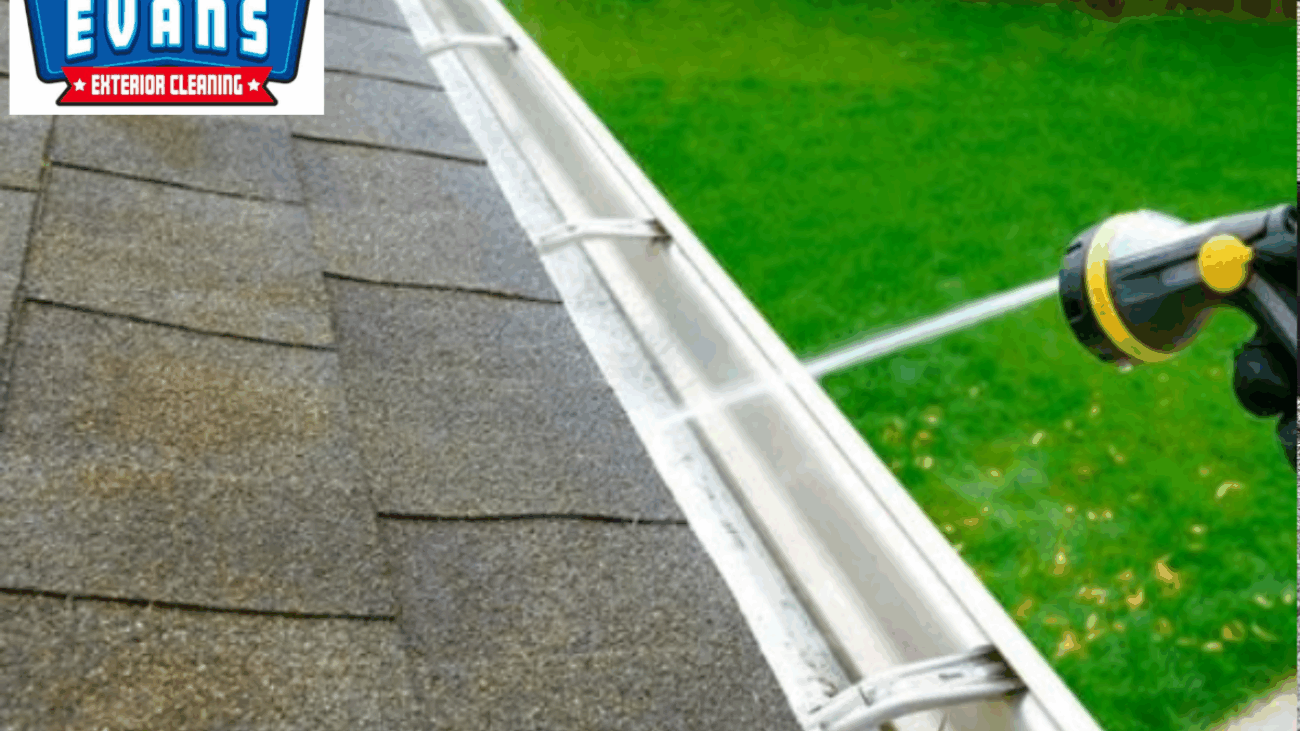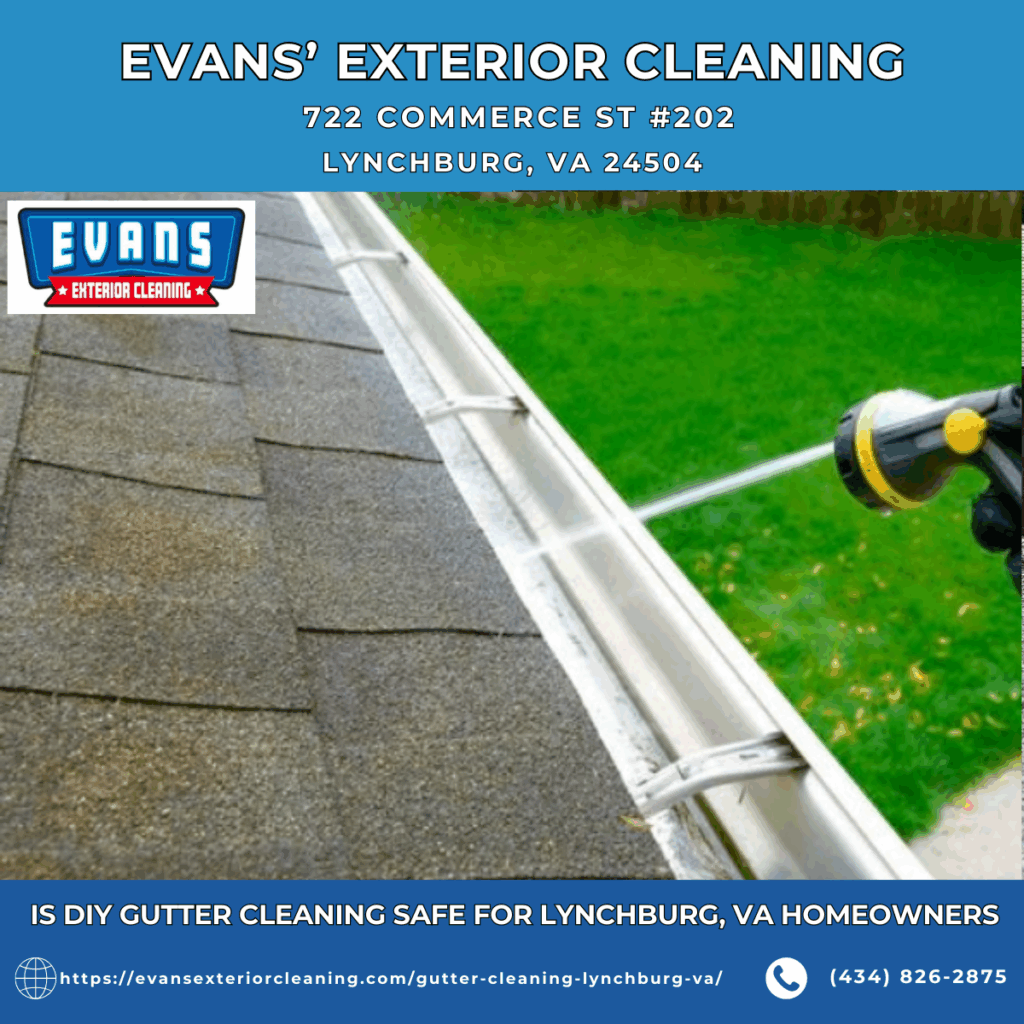
Pool Screen Material Lifespan Guide: How Long Do Different Materials Last in Cape Coral, FL?
Understanding Pool Screen Longevity in Southwest Florida
Pool screen enclosures represent a significant investment for Cape Coral homeowners, making material longevity a critical factor in decision-making. Southwest Florida’s unique climate conditions create specific challenges that dramatically impact how long different screen materials will last before requiring replacement or extensive repairs.
The subtropical climate of Cape Coral, characterized by high humidity, intense UV radiation, frequent thunderstorms, and occasional hurricanes, puts pool screen materials through rigorous testing year-round. Understanding how different materials perform under these conditions helps homeowners make informed decisions that maximize their investment value while ensuring reliable protection for their pool areas.
Material lifespan directly affects total ownership costs, maintenance requirements, and overall satisfaction with your pool enclosure. By selecting materials designed to withstand Cape Coral’s demanding environment, homeowners can avoid frequent replacements and enjoy uninterrupted pool area protection for years to come.
Climate Factors Affecting Screen Material Durability
Cape Coral’s location in Southwest Florida exposes pool screens to several environmental stressors that significantly impact material longevity. High temperatures combined with intense UV radiation create conditions that can rapidly degrade inferior materials through photodegradation and thermal stress.
The area’s high humidity levels promote mold and mildew growth while accelerating oxidation processes in certain materials. Salt air from nearby coastal waters adds another layer of corrosive challenge, particularly affecting metal components and certain synthetic materials.
Frequent thunderstorms bring high winds, driving rain, and potential debris impact that test screen materials’ structural integrity. These regular stress events, combined with the occasional hurricane threat, require materials capable of withstanding both chronic exposure and acute stress events without failure.
Temperature fluctuations, while less extreme than northern climates, still create expansion and contraction cycles that can lead to material fatigue over time. Understanding these environmental factors helps explain why material selection is so crucial for long-term success in Cape Coral installations.
Fiberglass Screen Lifespan and Performance
Fiberglass screens, the most economical option available, typically last 5-8 years in Cape Coral’s climate under normal conditions. However, their actual lifespan can vary significantly based on installation quality, maintenance practices, and exposure to severe weather events.
The primary limitation of fiberglass screens lies in their susceptibility to UV degradation. Continuous exposure to Florida’s intense sunlight causes the material to become brittle and prone to cracking or tearing. This degradation process accelerates in areas with maximum sun exposure, particularly on south and west-facing sections of pool enclosures.
Fiberglass screens also tend to stretch over time, especially in high-wind conditions. This stretching creates gaps that compromise insect protection and can lead to complete panel failure if left unaddressed. Regular pool screen repair services may be required more frequently with fiberglass materials to maintain optimal performance.
Despite these limitations, properly maintained fiberglass screens can provide adequate service for budget-conscious homeowners willing to accept more frequent maintenance and earlier replacement cycles. Regular cleaning and prompt attention to minor damage can help maximize their useful life.
Super Screen Polyester: Premium Longevity
Super Screen polyester materials represent the premium option for Cape Coral pool enclosures, with expected lifespans of 12-18 years under typical local conditions. This extended lifespan makes Super Screen an excellent long-term investment despite higher upfront costs.
The enhanced durability of Super Screen comes from its advanced polymer composition and tighter weave construction. These characteristics provide superior resistance to UV degradation, maintaining structural integrity and appearance far longer than standard fiberglass options.
Super Screen’s flexibility allows it to absorb wind loads without tearing, making it particularly well-suited for Cape Coral’s storm-prone environment. This flexibility, combined with high tensile strength, enables the material to survive weather events that would damage lesser materials.
The material’s resistance to stretching helps maintain proper tension and insect protection throughout its service life. When professional pool screen repair is needed, Super Screen’s durability often allows for localized repairs rather than complete panel replacement, further extending its cost-effectiveness.
Aluminum Screen Longevity Considerations
Aluminum screens offer impressive longevity potential, often lasting 10-15 years or more in Cape Coral’s climate when properly installed and maintained. However, their performance can be significantly affected by local environmental conditions and maintenance practices.
The primary advantage of aluminum screens lies in their inherent strength and resistance to tearing or puncturing. Unlike fabric-based materials, aluminum screens maintain their structural integrity even under significant stress, making them particularly suitable for high-traffic areas or homes with pets and children.
However, aluminum screens face unique challenges in Cape Coral’s coastal environment. Salt air can accelerate corrosion processes, particularly at joints and fastening points. Regular cleaning and inspection are essential to prevent corrosion from compromising the screen’s integrity and appearance.
Heat retention can be another concern with aluminum screens, as the metal can become uncomfortably hot during peak summer months. This characteristic may affect comfort levels in the pool area during the hottest parts of the day.
Specialty Screen Materials and Expected Lifespans
No-See-Um screens, designed to keep out the smallest insects, typically last 8-12 years in Cape Coral conditions. Their ultra-fine mesh provides superior insect protection but may be more susceptible to clogging from debris and require more frequent cleaning to maintain proper airflow.
Florida Glass screens offer enhanced privacy and weather protection with lifespans comparable to standard polyester materials, typically 10-14 years. Their specialized construction provides unique benefits for homeowners prioritizing privacy or additional weather protection.
Pet-resistant screens, designed to withstand pet claws and impacts, usually last 8-12 years depending on pet activity levels and material quality. These specialized options may require more frequent inspection and maintenance to ensure continued effectiveness.
Maintenance Impact on Material Lifespan
Proper maintenance significantly extends the lifespan of all pool screen materials in Cape Coral’s challenging environment. Regular cleaning removes salt deposits, pollen, and debris that can accelerate material degradation and compromise performance.
Monthly cleaning with mild soap and water helps prevent buildup of corrosive materials while allowing for early detection of potential problems. Avoiding harsh chemicals and high-pressure washing protects material integrity while ensuring effective cleaning.
Professional inspection services can identify potential issues before they become major problems requiring extensive repairs or replacement. Early intervention through professional pool screen repair services often prevents minor issues from escalating into costly failures.
Proper tension adjustment and prompt repair of small tears or damage prevents progressive failure that can compromise entire panels. Regular maintenance schedules tailored to specific material types help maximize lifespan and performance.
Cost-Per-Year Analysis of Different Materials
When evaluating pool screen materials based on total ownership costs, the cost-per-year calculation provides valuable insights into long-term value. Fiberglass screens, despite lower upfront costs, often result in higher annual costs due to shorter lifespans and increased maintenance requirements.
Super Screen polyester, while commanding premium pricing initially, frequently provides the best cost-per-year value through extended lifespan and reduced maintenance needs. The material’s durability often results in lower total ownership costs over typical 15-20 year evaluation periods.
Aluminum screens fall into the middle range for cost-per-year calculations, offering good value for homeowners prioritizing longevity and traditional aesthetics. Their performance in Cape Coral’s specific environment affects overall value calculations.
Specialty materials may justify their premium pricing through unique performance characteristics that address specific homeowner needs or preferences not met by standard options.
Maximizing Screen Material Lifespan
Several strategies can help Cape Coral homeowners maximize their pool screen material lifespan regardless of the chosen option. Professional installation ensures proper tension and secure attachment that prevents premature failure from installation-related issues.
Regular inspection schedules allow for early detection of wear, damage, or maintenance needs before they escalate into major problems. Professional assessment can identify potential issues that untrained observers might miss.
Prompt attention to minor damage prevents progressive failure that can compromise larger sections of the enclosure. Small repairs are typically much more cost-effective than waiting for major failures to occur.
Environmental protection measures, such as trimming nearby vegetation to prevent abrasion and securing loose objects that could become projectiles during storms, help protect screen materials from preventable damage.
Making the Right Choice for Long-Term Value
Selecting the optimal pool screen material for Cape Coral conditions requires balancing upfront costs, expected lifespan, maintenance requirements, and performance characteristics. Homeowners planning to remain in their homes for extended periods typically benefit from investing in premium materials that provide superior longevity and performance.
Those with shorter-term ownership plans may find adequate value in less expensive options, provided they understand the maintenance and replacement implications. Professional consultation can help evaluate specific site conditions and homeowner needs to determine the most appropriate material choice.
Quality installation and regular maintenance are crucial regardless of material selection. These factors often have as much impact on actual lifespan as the material choice itself, making professional services essential for maximizing investment value.
Conclusion: Investing in Longevity
Pool screen material selection significantly impacts long-term satisfaction and total ownership costs for Cape Coral homeowners. Understanding how different materials perform in Southwest Florida’s challenging climate helps inform decisions that maximize value and minimize future headaches.
While premium materials require higher initial investment, their extended lifespans and superior performance often provide better overall value through reduced replacement and maintenance costs. Professional installation and regular maintenance remain crucial for achieving optimal performance regardless of material choice.
Consulting with experienced local professionals provides valuable insights into site-specific conditions and material performance that can guide optimal selection decisions for your specific situation and long-term goals.
